Former Vice President Dick Cheney died at 84 on Monday, November 4, 2025, at 7:19 PM UTC in his home in McLean, Virginia, after a long battle with pneumonia and cardiac and vascular disease. His family confirmed the news in a statement released to TIME and verified by NBC News. He was surrounded by his wife of 61 years, Mary Elizabeth "Lynne" Cheney, and their daughters, Elizabeth Louise "Liz" Cheney and Mary Virginia Cheney, along with other relatives. The man who helped shape America’s response to 9/11 — and later broke with his own party — has left behind a legacy as polarizing as it was powerful.
A Career Built in the Shadows
Cheney didn’t seek the spotlight, but he dominated it anyway. He served as White House Chief of Staff under President Gerald Ford, then as the 21st Secretary of Defense under President George H.W. Bush, before becoming the 46th Vice President under George W. Bush. His tenure in Congress — ten terms representing Wyoming — gave him deep institutional knowledge. But it was behind closed doors that he truly wielded power.Cheney’s influence wasn’t about speeches or photo ops. It was about memos, meetings, and quiet pressure. He pushed for aggressive intelligence gathering, expanded executive authority, and, most controversially, the invasion of Iraq. In 2002 and 2003, he repeatedly claimed Saddam Hussein had weapons of mass destruction and ties to Al-Qaeda — claims later discredited by the Senate Intelligence Committee. The 2004 report found Cheney had pressured intelligence agencies to align their findings with the administration’s preconceived goals. That’s not just policy disagreement — it’s institutional manipulation.
The War on Terror Architect
In the weeks after 9/11, Cheney was everywhere — in the Situation Room, on TV, in private briefings. He helped design the drone program, the detention facility at Guantánamo Bay, and the use of "enhanced interrogation techniques" — waterboarding, sleep deprivation, stress positions. Human rights groups called it torture. The U.S. government called it necessary. By 2004, his approval rating hit 68%, the highest of any vice president in modern history. But that support didn’t last.As the Iraq War dragged on and no WMDs were found, public opinion turned. By the time he left office in January 2009, his approval rating had collapsed to 13%, according to Gallup. Critics called him a warmonger. Supporters called him a realist. Either way, he changed how the vice presidency operated — from ceremonial to commanding.
A Political Reckoning
What surprised many most was his post-vice presidency. Cheney, once the archetypal conservative power broker, became a vocal critic of the modern GOP. He denounced the rise of conspiracy theories. He criticized Donald Trump’s attacks on democracy. And in a stunning move in 2024, he endorsed Kamala Harris for president — a Democrat — over Trump."I’ve spent my life defending institutions," he told The Atlantic in 2023. "Now I see them being torn down by people who claim to love this country but don’t understand what holds it together." His daughter, Liz Cheney, faced similar backlash from Trump loyalists after she voted to impeach him in 2021. Their rift with the party’s new direction was personal as much as political.
Legacy in the Details
Cheney’s family described him as a man who loved fly fishing, valued honor, and taught his grandchildren to love their country — not just its symbols, but its ideals. That’s the quiet contradiction at the heart of his story: a man who authorized invasive surveillance and brutal interrogations, yet lived a life steeped in family, quiet discipline, and loyalty.He never ran for president. He didn’t need to. He was the power behind the throne — and for nearly two decades, that throne had his fingerprints all over it. His death marks the end of an era. The Bush administration’s policies still echo in today’s debates over surveillance, executive power, and military intervention. The questions he forced America to ask — about security versus liberty, about truth versus conviction — remain unanswered.
What Comes Next?
Cheney’s passing will likely trigger a wave of historical reassessments. Will he be remembered as a patriot who did what he believed was necessary? Or as a figure who helped normalize the erosion of civil liberties in the name of national security? Historians will debate it for decades.One thing is clear: no vice president since has held comparable influence. Even those who admired him — and many did — now question whether the cost was worth it. His legacy isn’t just in policy documents or speeches. It’s in the laws still on the books, the institutions still shaped by his vision, and the political fractures he helped deepen.
Frequently Asked Questions
How did Dick Cheney influence U.S. foreign policy after 9/11?
Cheney was the primary architect behind the Bush administration’s aggressive response to 9/11, pushing for the invasion of Iraq based on claims of WMDs and Al-Qaeda ties — both later discredited. He expanded executive power, authorized warrantless wiretapping by the NSA, and supported "enhanced interrogation techniques" that human rights groups labeled torture. His influence reshaped how the U.S. conducts counterterrorism operations to this day.
Why did Dick Cheney endorse Kamala Harris in 2024?
Cheney cited the Republican Party’s abandonment of institutional norms and democratic principles under Donald Trump. He believed Trump’s rhetoric and actions threatened the Constitution, and he saw Harris as a defender of those institutions. His endorsement was not ideological but principled — a final act of loyalty to the system he spent his career serving, even when it clashed with party loyalty.
Was Dick Cheney the most powerful vice president in U.S. history?
Many historians and political scientists say yes. Unlike predecessors who focused on ceremonial duties, Cheney operated as a de facto co-president, controlling access to Bush, shaping intelligence assessments, and leading key policy councils. His behind-the-scenes control over national security decisions — including the Iraq War and domestic surveillance — set a new standard for vice presidential power that no one since has matched.
What was Dick Cheney’s relationship with his daughter Liz Cheney?
Liz Cheney followed in her father’s footsteps as a Republican congresswoman, but she broke with Trump in 2021 by voting to impeach him. This led to her ousting from GOP leadership and fierce backlash from Trump supporters. Dick Cheney publicly supported her stance, calling it an act of courage. Their shared commitment to institutional integrity — even at political cost — became a defining feature of their later years.
Did Dick Cheney ever apologize for his role in the Iraq War?
No, he never issued a formal apology. In interviews, he stood by his decisions, arguing that intelligence at the time justified action. But in his final years, he acknowledged the war’s consequences — including the loss of American lives and the destabilization of the Middle East — calling it "a sobering chapter" in his life. He maintained the decision was made in good faith, even if the outcome was tragic.
What made Dick Cheney different from other modern vice presidents?
He didn’t just advise — he directed. While other VPs focused on diplomacy or public appearances, Cheney controlled the National Security Council, reviewed classified documents before the president, and personally selected key officials. His background as a congressional leader and defense secretary gave him unmatched authority. He didn’t wait for invitations to lead; he created the space to do so — and few have replicated that model since.

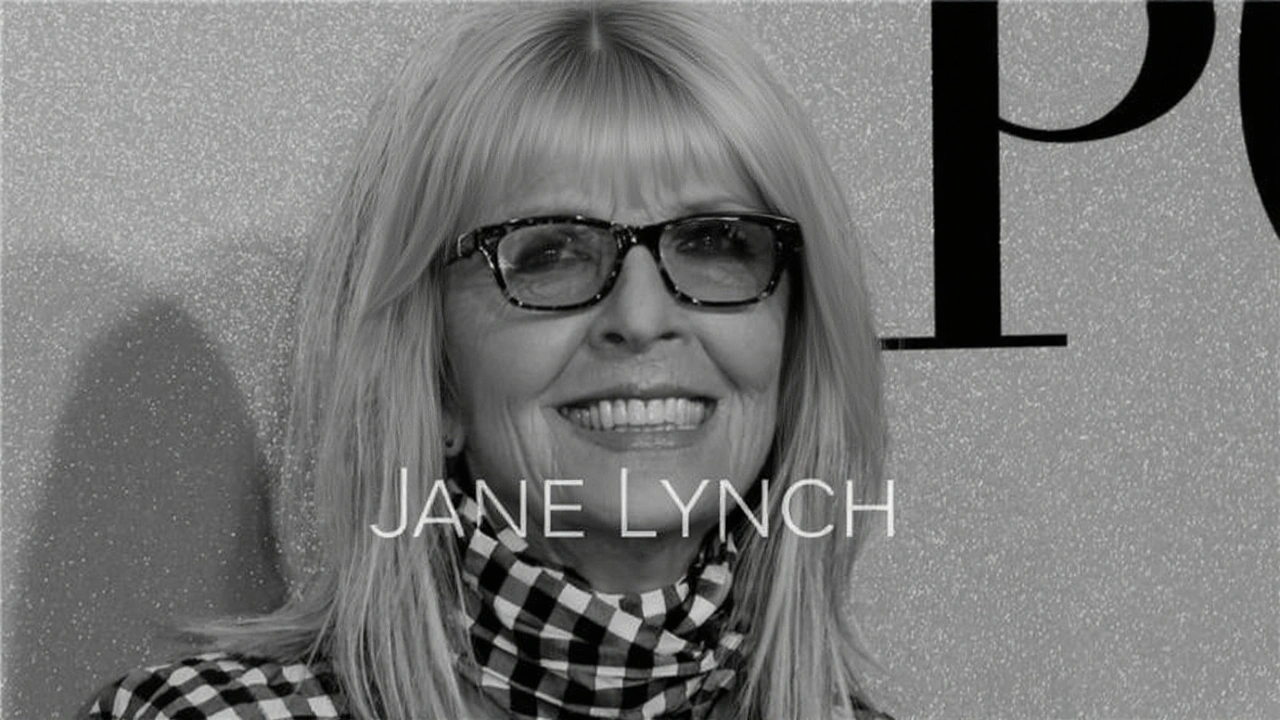
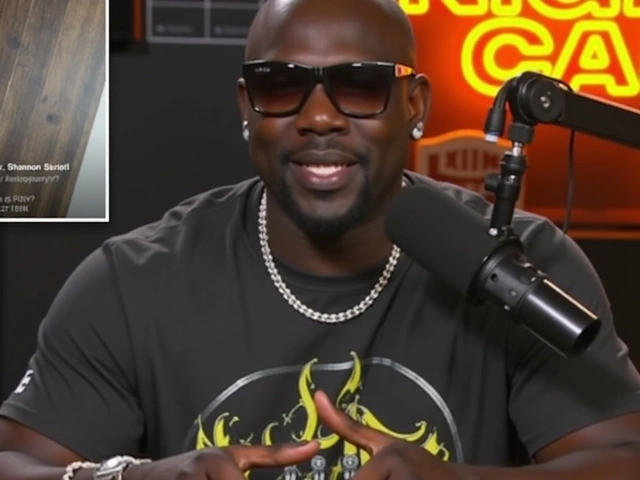
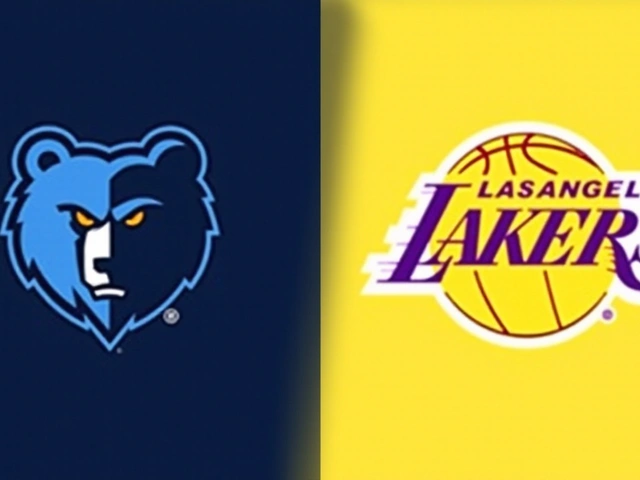
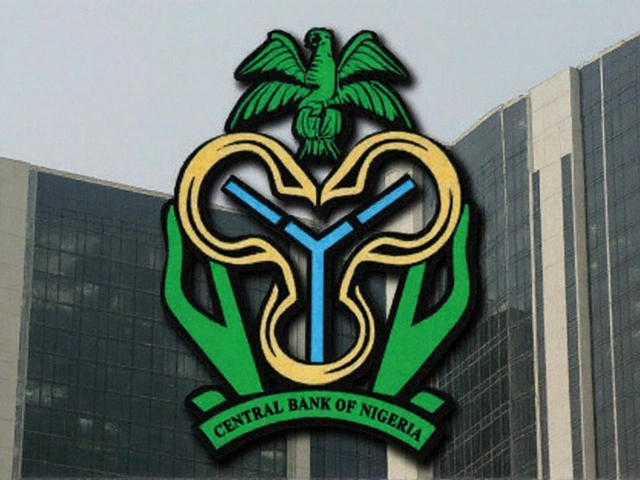
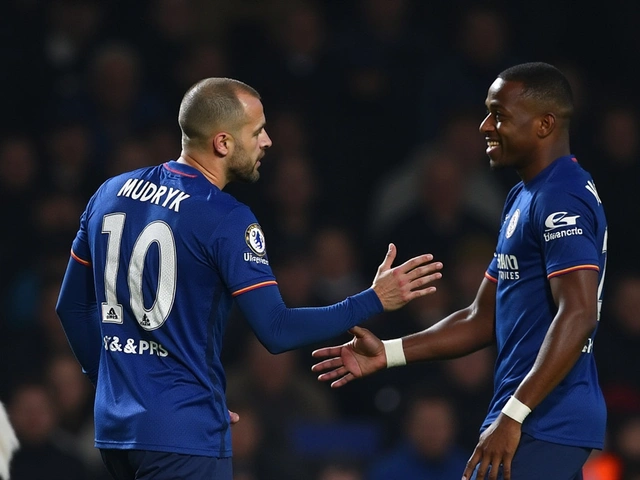
Chandu p
November 5, 2025 AT 21:07 PMRIP Dick Cheney. 🕊️ Man was a beast in the shadows. Grew up watching him on TV like some dark wizard pulling strings. Still don't know if he was a patriot or a predator. But damn, he changed everything.
India's got its own power players behind closed doors too. Just no one talks about them. Same game, different stage.
Gopal Mishra
November 7, 2025 AT 20:08 PMDick Cheney's legacy is a textbook case of how institutional power can be wielded without accountability. He operated in the interstices of democracy - not as a public figure, but as a silent architect. His expansion of executive authority set dangerous precedents that still haunt us: warrantless surveillance, indefinite detention, the normalization of torture as policy. These weren't just decisions; they were redefinitions of American constitutional norms. And yet, what's more chilling is how little public backlash he faced at the time. The media was complicit. The public was fearful. And the Congress? Too scared to challenge. His later break with Trump wasn't redemption - it was recognition that the very system he helped bend had snapped. We’re still living in the wreckage.
Swami Saishiva
November 9, 2025 AT 16:21 PMLMAO he endorsed Harris? 😂 Like the guy who greenlit waterboarding is now the moral compass? Bro, he didn’t change - the GOP just got too dumb even for him. Classic case of ‘I built the machine, now it’s possessed by clowns.’
Swati Puri
November 9, 2025 AT 23:53 PMThe structural influence Cheney exerted over the NSC and intelligence apparatus redefined the vice presidency as an operational hub rather than a ceremonial role. His background in defense policy and congressional maneuvering allowed him to bypass traditional checks - a model that subsequent administrations have either emulated or feared. The ethical tension between security and civil liberties remains unresolved, but his operational playbook is still referenced in classified briefings today. Institutional capture, not just policy, was his true legacy.
megha u
November 10, 2025 AT 00:29 AMthey made him up. the whole thing. wmds were never real. he was a deep state puppet. the real death was the truth. 🤫👁️
pranya arora
November 10, 2025 AT 11:40 AMIt’s strange how someone who authorized so much suffering could be so devoted to family. Maybe that’s the tragedy - he compartmentalized. Power in the office, love at home. But you can’t separate the two forever. The world remembers the memos, not the fishing trips. I wonder if he ever sat quietly and asked himself: was this worth it? Not as a politician. As a man.
DEVANSH PRATAP SINGH
November 11, 2025 AT 07:27 AMHe was the definition of quiet power. No speeches, no rallies. Just memos that changed the world. And now? Everyone’s trying to be loud. No one wants to work behind the scenes anymore. We lost something when we stopped respecting the unseen hands that steer the ship.
SUNIL PATEL
November 11, 2025 AT 14:26 PMYou call him a realist? He was a war criminal who hid behind bureaucracy. Waterboarding isn’t ‘enhanced interrogation’ - it’s torture. And you don’t get a free pass because you ‘believed the intel.’ Believing lies is still a crime when people die. His death doesn’t absolve him. It just means we’ll never get a real reckoning.
Avdhoot Penkar
November 11, 2025 AT 18:02 PMwait so he liked fishing?? lol so he was a good guy?? 😂
Raveena Elizabeth Ravindran
November 12, 2025 AT 16:55 PMhe was a demon in a suit. all that family stuff is just cover. liz is his clone but with better hair. they all think theyre so smart but they just broke the country. 🤮
Krishnan Kannan
November 13, 2025 AT 12:46 PMI think what’s most interesting is how he outlived his own relevance. He spent his whole life shaping policy, then watched his party turn into something he couldn’t recognize. He didn’t go full woke - he just looked around and realized the house was burning down. And instead of staying silent, he spoke up. That takes guts. Even if you hate what he did, you can’t deny he had principles. Just… wrong ones. And then he chose to defend the system over the tribe. That’s rare.